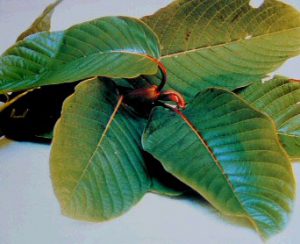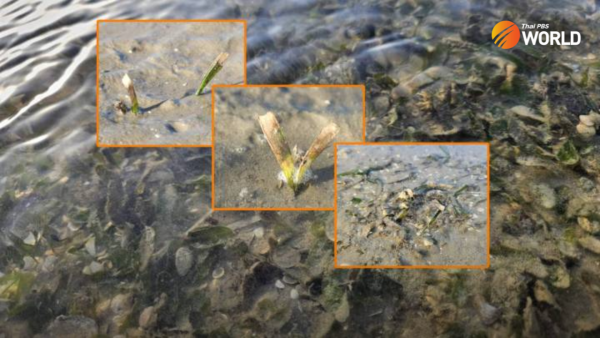Kratom can be grown legally, leaves sold commercially in Thailand from Aug 24

From August 24th, Kratom plants (Mitragyna speciosa) can be cultivated legally and its leaves, which contain psychotropic alkaloids, may be sold commercially in Thailand with impunity, while those being detained over Kratom-related offences, will also be released as their charges will null and void.
1,038 people serving prison terms for offences related to Kratom plants or leaves will be released, as a result of the enactment of the country’s amended narcotics law, published in the Royal Gazette on May 26th, deleting Kratom from the list of Category 5 controlled narcotics.
Government Spokesman Anucha Burapachaisri said today (Friday) that the amended law will also be applied to other alleged offenders, related to Kratom, who have been arrested, are being tried in court or are pending prosecution.
He warned, however, that even though planting Kratom or selling the leaves will no longer be an offence, mixing the leaves with other addictive substances, such as cough syrup, to produce a cocktail, known as 4 x 100, remains prohibited, adding that the import and export of Kratom leaves or products on commercial scale require a license.
According a study, conducted by the Thailand Development Research Institute (TDRI), decriminalization of Kratom will save the state about 1.69 billion baht a year, incurred by the arrest, prosecution and imprisonment, when found guilty, of offenders.
The TDRI estimates the cost of the legal process for each case at about 76,000 baht. There were 22,076 cases related to Kratom filed between January last year and the end of June this year.
Kratom leaves have properties, similar to those of morphine, which affect brain receptors and which can be addictive, subject to abuse and lead to dependence. Some Thai youths in southern provinces abuse the cocktail of Kratom leaves and cough syrup to get high.
Native to Southeast Asia, Kratom has been used for hundreds of years as a natural home remedy for fatigue, pain, diarrhea and muscle cramps. Its two most active compounds, mitragynine and 7-hydroxymitragynine, work on opioid receptors, but with fewer side effects than some other alkaloids.






